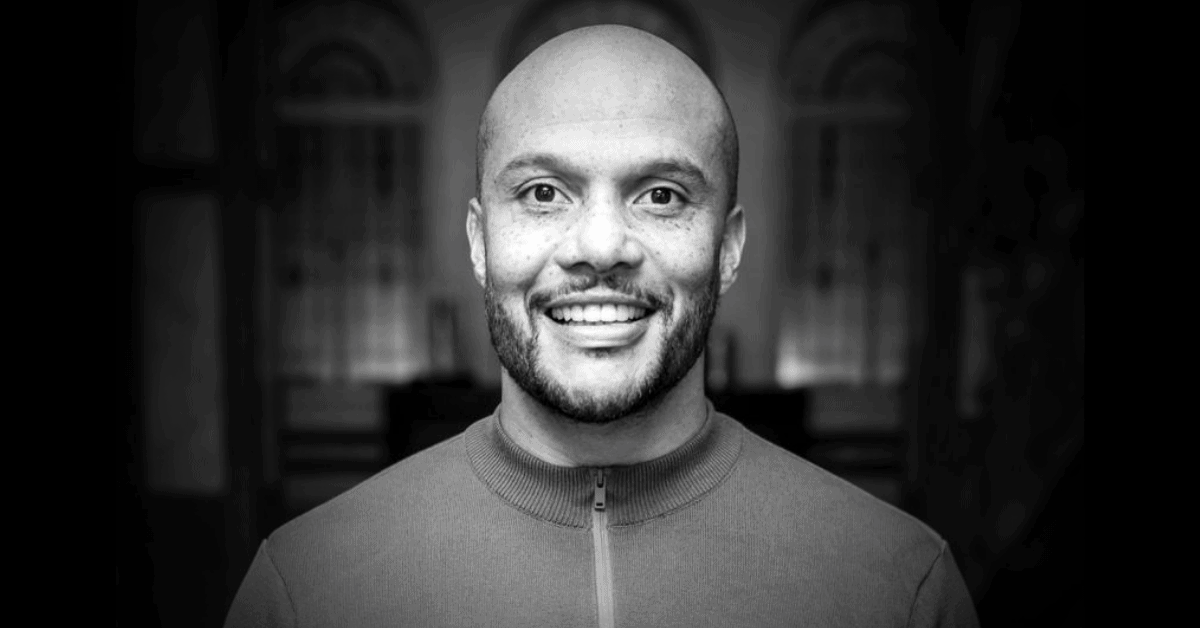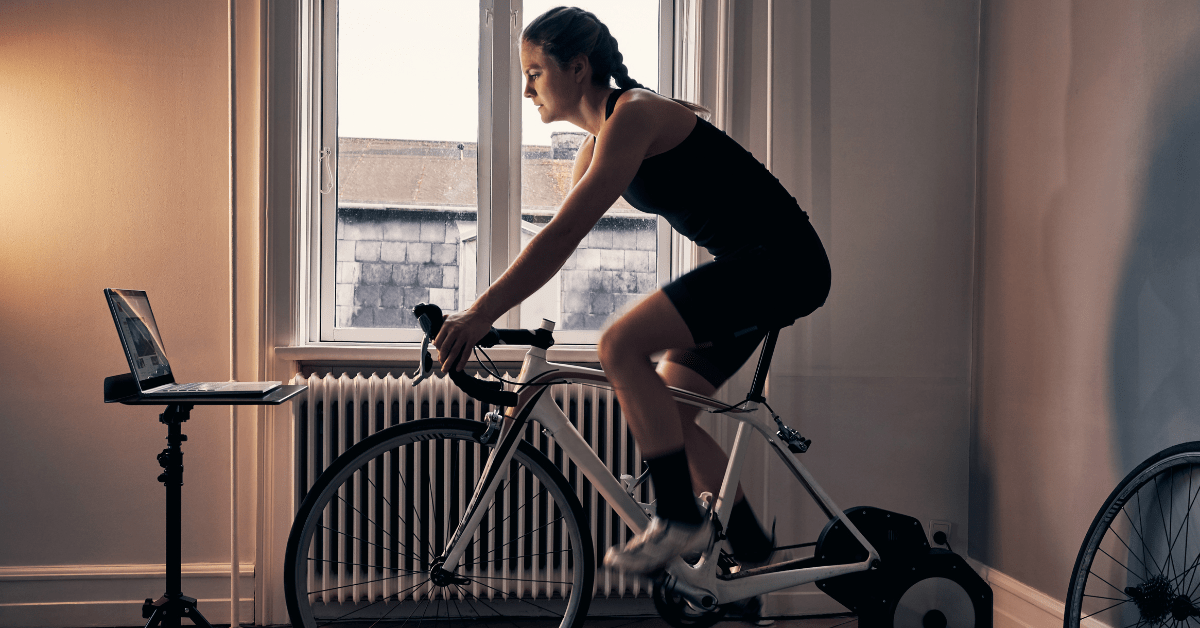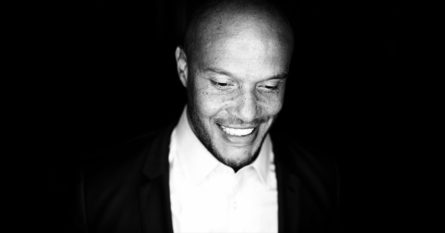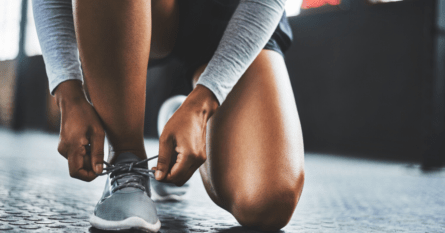In a year of change and uncertainty, fitness companies are reinventing the way they do business, personal trainer and wellness consultant Harry Jameson says.

With the rise in safety risks at in-person gyms came the boom of digital train-at-home versions, but more could be done in this sector, says wellness business consultant Harry Jameson.
Speaking to Blacklane during an Instagram Live chat last week, UK-based Jameson said fitness companies should be looking at ways to combine hardware such as stationary bikes, rowing machines, even boxing gloves, with their existing digital offerings.
“The fusion of hardware (and) software seems to me, as a businessman, where the smart people are putting their focus,” he said.
“How do I create subscription-based revenue…(to) make business more valuable and how do I make that sticky, how do I make people subscribe.”
He said while equipment can be expensive, it can also act as an incentive to build a dedicated customer base.
“If you’ve bought a piece of hardware, i.e. a 2000 pound bike.you’re more likely to stay because you’re a more committed customer,” he said.
“If I’m not paying for a gym or I’m not ever going to a restaurant, that seems like quite good value considering I can use it every day.”

Good businesses solve problems
Jameson said within the fitness sector and beyond there could be a “surge in new businesses” looking to solve the unique problems that have come out of this pandemic.
“I think a lot of e-com businesses will be born, a lot of people working from home and building their own entrepreneurial journey and I think that’s going to be great,” he said.
“I think we will see the birth of some amazing businesses coming out of this because good businesses solve problems and people are going to have a new set of problems that need to be solved.”
Coping with stress
In his role as a personal trainer, Jameson regularly coaches high-performance people to develop coping mechanisms to deal with stress in their lives. He said this pandemic might have helped people think more about future-proofing their own health and wellbeing.
“We might be in a position now where we might have to develop robust coping mechanisms both mentally and physically to deal with these challenges or else it’s going to get the better of you,” he said.
“I think health and wellbeing can be the real linchpin that holds everything together.
“I hope we see a trend shift towards preventative health and I think we’ll see a spike in new businesses.”
Routine is still key
For Jameson, preventative health means building a daily routine, which for him kicks off at 5:45 a.m.
“The first 30 minutes of my day (start with) a probiotic to look after my gut health, (then) I have some water and then I move and I breathe,” he said.
“I then normally do some form of cardio-vascular exercise in the morning – either walking, running, cycling.
“All of that I do for my mental health, to manage any anxiety or stress.”
In the evening, Jameson sits down with his family to eat a meal together and talk about their day.
“Wellness is not just physical and mental, there’s a social and emotional wellbeing and I find reconnecting with my family after what could have been a stressful day, a really good ritual,” he said.
But routines and healthy habits are not easy for anyone, including Jameson, who admits to finding it hard to switch off from his phone at night.
“Too much screen time has a negative impact, especially first thing in the morning and last thing at night, these devices emit blue light which is disruptive for our sleeping patterns,” he said.
“This is one where I have to admit…that I am not very consistent with, and that’s putting the screen down for the last 30 minutes of the day, that’s the one I am trying to work on.”




